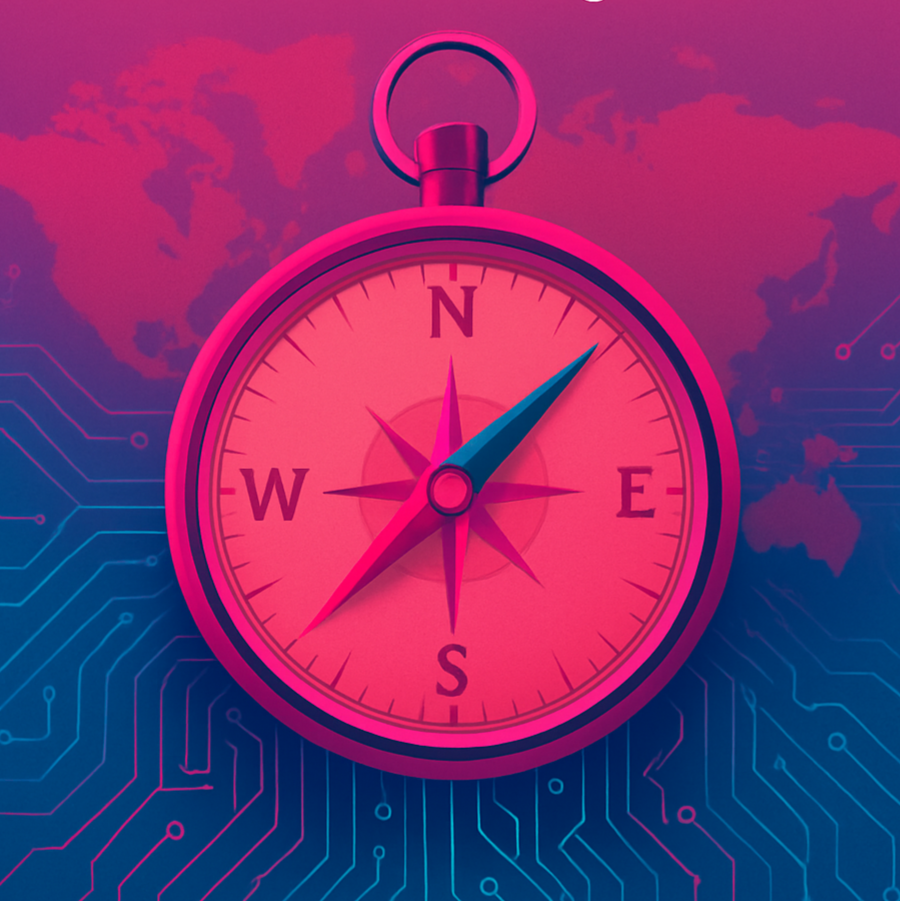I recently said that sometimes it feels like the whole world is on fire. There are so many truly horrific things happening worldwide, both in individual lives and on a global scale.
Some days, it feels like the inferno is raging out of control.
In the last week, two things have made me pause and wonder about the role of cultural intelligence (CQ) in how we come together and try to see each other’s point of view.
Cultural Intelligence (CQ) is “a globally recognized way of assessing and improving effectiveness in culturally diverse situations. It’s rooted in rigorous academic research conducted across more than 100 countries.” (Source: The Center for Cultural Intelligence).
I want to share these things with you and invite you to sit with them, see what they bring up for you and reflect on your responses.
The Shift with Trisha Carter – Mental shifts in tragic situations
In this short podcast, my friend and colleague Trisha Carter reflects on the recent tragic events in Sydney, Australia and responses to them, particularly on social media. She looks at how we can take care of ourselves as we respond to and process shocking events and how we can make a ‘shift’ in our perspectives to help us better understand and hold space for other people’s reactions and responses, too.
How to engage with employee activists, Race Ahead, Fortune
How do workplaces handle employee protests over social issues? There’s some thought-provoking advice and reflection on this question in the latest Race Ahead newsletter.
At the heart of the recommendations is bringing people together to figure out how we show up in a way that respects each other and makes the workplace safe for everyone. This means finding better ways of addressing conflicts and creating spaces for dialogue.
It feels like the ultimate dream for organizational culture, in good times but particularly in tough times.
So, can cultural intelligence help?
Here are four things that I’ve been thinking about:
- Self-reflection: exploring and developing our cultural intelligence requires some pretty deep self-reflection. You may never have thought about all the ways in which you are different from others or how that impacts your potential misunderstandings and miscommunication. To develop your cultural intelligence, you have to dig a little deep into who you are. And when we better understand how we impact others, it can help us think about how we want and need to engage with them.
- Seeing other perspectives: the strategy element of CQ is the awareness and ability to plan for multicultural interactions. I like to reframe that as ‘how we deal with people who don’t see the world the same way as me.’ This is often called the metacognitive part of CQ – it’s thinking about our thinking. This is how we come up with an intentional approach to these conversations across differences that honour and respect those differences without compromising who we are. As Trisha explains, this is how we make the shift – the moments when we see the world differently or see it from someone else’s perspective.
- Finding a way forward: in CQ, the Action element is our ability to adapt when relating and working in multicultural contexts. Or how do we work with or build relationships with people who see the world differently from us. As a simple example, there are cultures where directness is prized. This can sometimes be perceived as rudeness in other cultures. And I think most of us would acknowledge that in a high-pressure situation, when emotions are running high, that can escalate quickly into tension, confusion and a breakdown of relationships. We need to find ways to bring together our self-reflection, curiosity, knowledge and ability to see different perspectives to adapt how we handle situations and relationships to have constructive, respectful conversations.
- Disagreeing well: being culturally intelligent doesn’t mean that we ignore our differences or tolerate damaging or hurtful behaviours. But it can help us disagree in ways that are less likely to cause hurt or increase stress. Being able to understand where someone is coming from doesn’t mean that you have to like what you see. But it can give you the tools to start a calmer, more empathetic dialogue about how to move forward in
- a more constructive way.
These are just some of the things that I’ve been thinking about as we search for better ways to disagree and some of the reasons why I believe that CQ is essential to communications.
If you’d like to explore more of these topics, please come and say hi on Linkedin or email me at sarah@athrucommunications for a chat.
Photo credit: Joel Fulgencio on Unsplash


